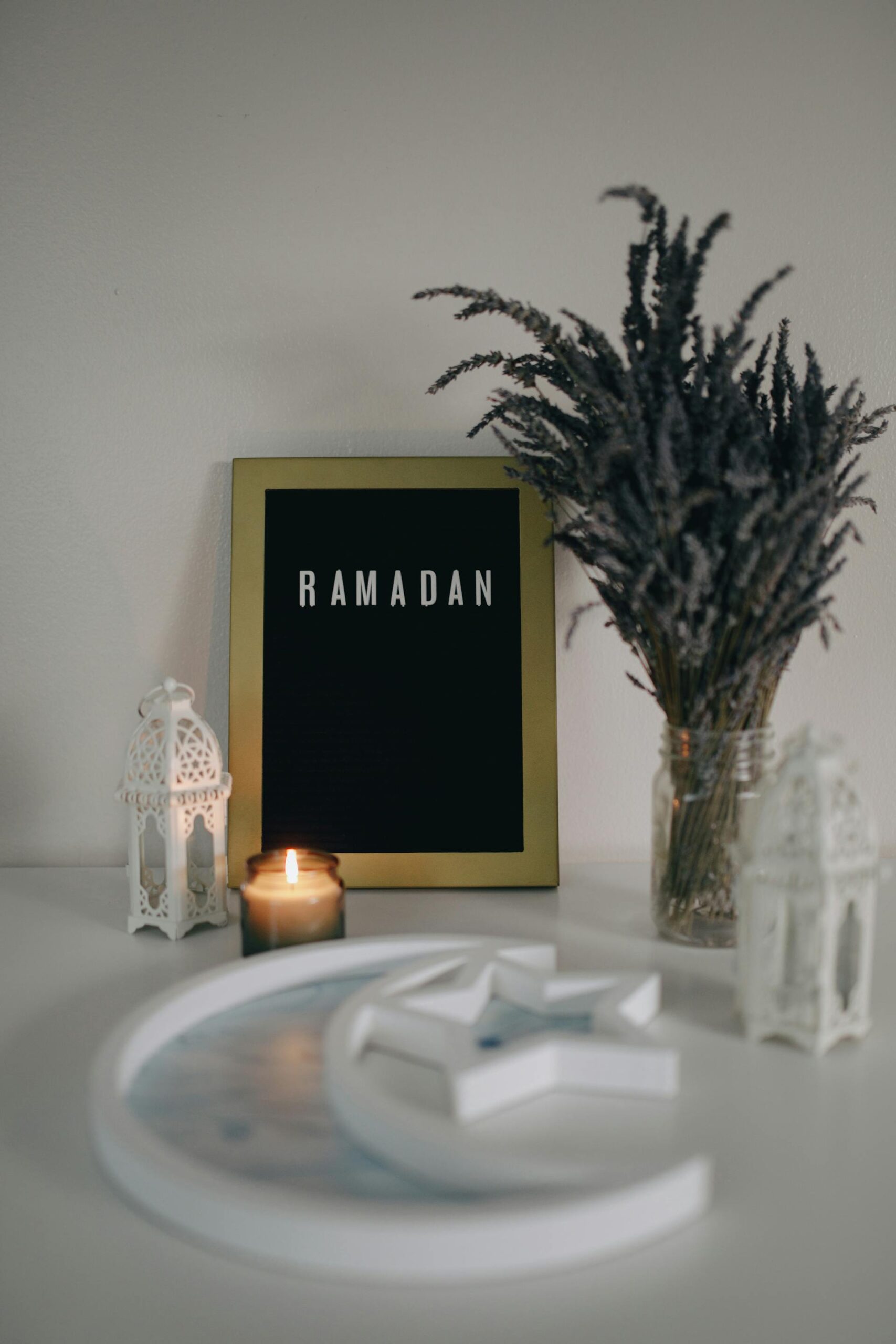The ninth month on the Islamic lunar calendar, Ramadan has been a holy month for Muslims around the world for more than 1,400 years now, dating back to the seventh century when Prophet Muhammad (PBUH) declared fasting to be the fourth of five pillars of Islam. Muslims are required to abstain from eating and drinking from dawn until dusk for 29 or 30 days—the entirety of the month. How Ramadan is celebrated tends to vary by culture, country, and family, of course, but fasting is one of most common and significant ways this sacred month is honored.
Here’s a look at the purpose and meaning of fasting in the month of Ramadan, its scriptural basis, and the celebrations being organized by Islamic Relief USA (IRUSA).
The Purpose and Meaning of Fasting
Sawm (fasting) is one of the five pillars of Islam, meaning that it is a mandatory practice for all Muslims to demonstrate their obedience to Allah (SWT). Muslims embrace fasting as a measure of attaining piety while obtaining Allah’s (SWT) blessings. This practice is seen as an enormous spiritual and symbolic act, as the practitioner must exercise exceptional self-restraint and discipline to surpass moral vices and worldly pleasures. It directs much time to self-introspection, providing for personal and spiritual improvement.
Muslims fast during Ramadan as a means of forgiveness for previous sins, instilling gratitude and deep empathy in them for the less fortunate. On forgiveness, the Prophet Mohammed (PBUH) said: “Whoever fasts Ramadan out of faith and in hope of reward, his previous sins will be forgiven.” [Bukhari (38) and Muslim (759)] Also, restricting food and drink for long periods brings unity and empathy among Muslims of different economic statuses.
While mainly a spiritual practice, Ramadan also has other benefits–namely, physical and mental health. Fasting cleanses the body, improves mental clarity, enhances insulin sensitivity, and reduces blood sugar levels. Moreover, Ramadan improves fellowship, which is needed for good mental health, through shared meals when fasts are broken.
The Scriptures in Support Of Fasting: Various Quranic Verses
At this point, we must also touch on further support from the scripture in favor of fasting for the forgiveness of sins. Among these passages, the most notable is Allah (SWT); Al-Baqarah, 2:183-185 says, “O believers! Fasting is prescribed for you—as it was for those who were before you—so perhaps you will become mindful of Allah. Fast a prescribed number of days … Ramadan is the month in which the Quran was revealed as a guide for humanity with clear proofs of guidance and the decisive authority. So whoever is present this month, let them fast..”
In addition, a hadith states that “‘Every good deed of Adam’s son is for him except fasting; it is for Me. and I shall reward (the fasting person) for it.’ Verily, the smell of the mouth of a fasting person is better to Allah than the smell of musk.”
Breaking the Fast
After sunset, Muslims typically break their fasts with iftar, which begins with a small meal of something simple—a few dates and a drink of water, perhaps. This meal follows the Maghrib prayer and is followed by a larger, more substantial meal shared with others. Suhoor is the meal before dawn that Muslims use to sustain themselves before the day-long fast.
Eid al-Fitr, the three-day celebration that concludes Ramadan, begins with a congregational prayer at dawn on the first day. Then, Muslims visit and exchange gifts with friends, pay their respects at the graves of family members, and throw festive parties. It’s a time for rejoicing with friends, family, and loved ones.
Exemptions
Fasting has been made obligatory for all “able” Muslims. This has been sanctioned by Allah (SWT) to improve discipline and focus and encourage empathy for fellow beings, but not at the expense of one’s health. As written in the Quran, “(Fast a) prescribed number of days. But whoever of you is ill or on a journey, then (let them fast) an equal number of days (after Ramadan). For those who can only fast with extreme difficulty, compensation can be made by feeding a needy person (for every day not fasted).” [Al-Baqarah, 2:184]
Primarily, elderly Muslims with chronic medical conditions, pregnant women and nursing mothers, and people with illnesses are given leeway into how they observe Ramadan. They’re encouraged to fast if possible, but can break their fast at any time for health purposes, if needed. The Quran also mentions that people traveling for lawful purposes for significant periods of time can avoid fasting if it is too difficult. Most scholars agree these travelers must be at least 55 miles (four burud) from their hometown to qualify for this exemption.
Islamic Relief USA’s Grand Iftar Tour
In 2025, IRUSA’s largest-ever Grand Iftar tour will take place between March 2-21, involving 20 cities. The tour will begin in Orlando, Florida, and will conclude in Little Rock, Arkansas, with other several other stops across California, New Jersey, Florida, and Georgia. Every program will feature a recitation of the Quran, a keynote speaker, and a halal supper served afterward. People are encouraged to donate in support of people in need. For more information, visit https://irusa.org/grand-iftar/.

Leave a Reply